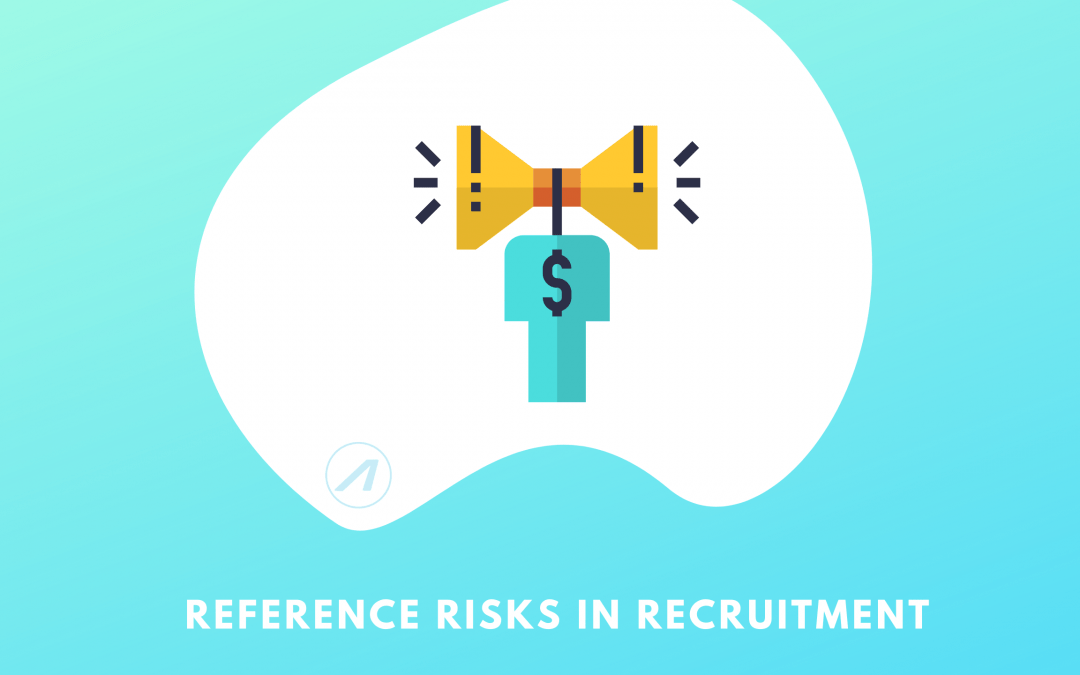Reference checks are arguably the most important part of any recruitment process. Not only can they help avoid a potential disaster, they can also provide the blueprint for success.
Why?
When references are done thoroughly, they provide not just validation of the candidate’s skills and employment history but provide the new employer with important information on how best to manage and motivate the new employee so they reach their full potential in the new role.

With this in mind it is therefore curious how candidates, agencies and employees are increasingly putting less importance and weight into the reference process. For many it has become little more than a box ticking exercise, which in our opinion, is a risk not worth taking. Not only may the candidate not be who they claim to be or have the skills, experience and qualities required, you will also miss a golden opportunity to understand how to manage and motivate the individual to set them up for success.
MITIGATING REFERENCE CHECK RISK
Candidates:
- Ensure your elected referee knows they are going to be contacted. If possible, give them context of the role and the organisation
- Ensure your referee is of a suitable calibre and relevance ie. they are of suitable seniority and have visibility of your capabilities
Employers / Agencies:
- Ensure the referee is of a suitable calibre and relevance – don’t be afraid to ask for an alternative if the candidate’s initial suggestion won’t give you the information that you need
- Verify academic qualifications and professional memberships. Lapsed memberships and accreditation pose a compliance risk
- Take all reasonable steps to ensure you are actually speaking to the person listed as a referee. It is not unknown for candidates to organise other people to
pose as their referee - Complete the reference prior to making a job offer. This enables the reference feedback to support / validate / influence the hiring decision and not just be a step in a process
- Finally, and most importantly, ask the right questions. Do not follow a script as this encourages platitudes. Ask open questions that are specific to the
individual’s experience and work history. Focus on technical abilities but also ask broader questions relating to the
individual’s work style and competencies, such as:- How is the person best motivated / managed?
- How does this person react to detailed feedback / criticism?
- What sort of people in your team did they get on best with?
Don’t forget to follow our Altitude company page on LinkedIn for further advice to assist you with your job search and to keep up to date with the latest available opportunities, click here to go straight to the page.


Recent Comments